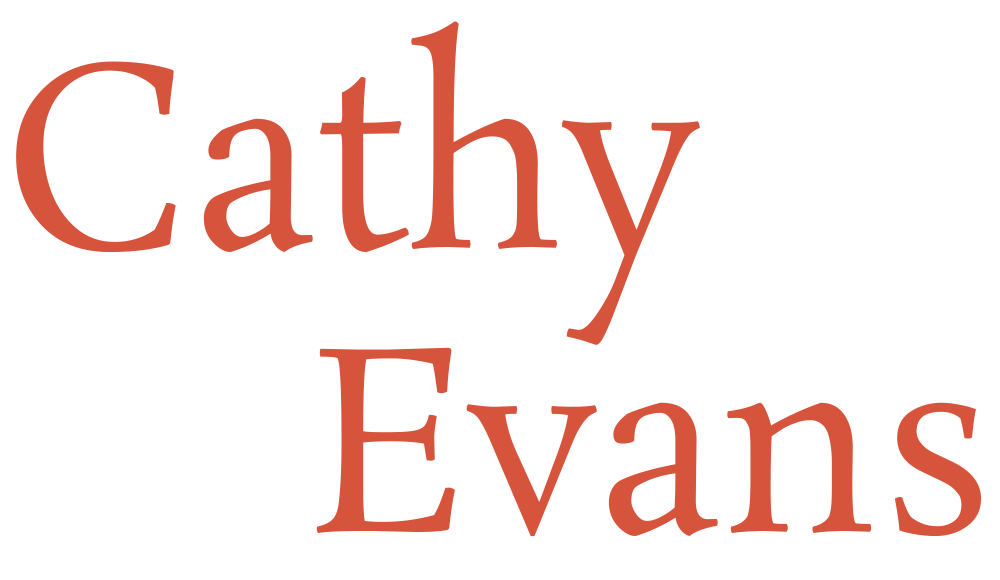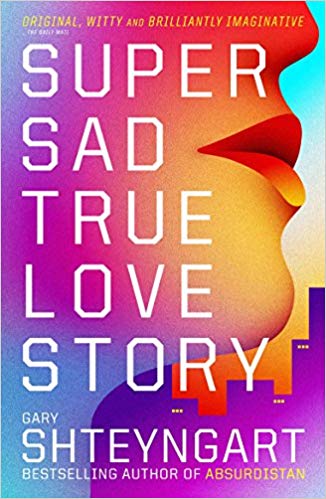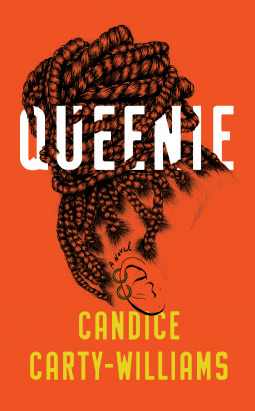Set in a dystopian near-future, SSTSL is less a love story than the tale of the misguided coupling of a middle-aged Jewish neurotic with a gorgeous Korean girl with serious Daddy issues. As one of his friends puts it: ‘it’s time to stop dating all these Asian and white trash girls with serious problems.’
The US is colonised by China, privacy is a forgotten concept, society is divided into ‘HNWIs’ vs ‘LNWI’ (High or Low Net Worth Individuals) and the best way to display your patriotism is by rampant shopping. Individuals carry äppäräti, smartphone tablets which broadcast data about themselves to all and sundry; credit ratings, bank balance, purchase history, biomedical data, familial details, relationships, sexual history, even down to sexual position preferences… nothing is sacred, nothing is personal, and therefore nothing is surprising or special. At work, your äppärät broadcasts your mood and stress indicators, which ‘were always supposed to read “positive/playful/ready to contribute” but with enough input from competitive co-workers, could be changed to “one moody betch today” or “not a team playa this month”’.
It’s a post-literate society where books are itemised on a purchase history as ‘bound, printed,non-streaming Media artefacts’ and are derided for their smell. Our hero Lenny is treated with disdain and suspicion for being a reader and a book collector. ‘Why did I have to suffer that ancient Jewish affliction for words?’
Lenny works for Joshie, the head of an organisation that has developed the holy grail: nanotechnology that reverses the ageing process, but (of course!) is only available to the super rich. Joshie is in his seventies, but has been rejuvenated, ‘his body reverse-engineered into a thick young mass of tendons and forward motion.’ ‘I could see the muscle tone, the deep-veined reality of what he was becoming, the little machines burrowing inside him, clearing up what had gone wrong, rewiring, rededicating, resetting the odometer on every cell, making him shine with a child’s precocious glow.’
Joshie is better-looking, more powerful and significantly richer than Lenny, and he sets his sights on Lenny’s girlfriend, Eunice.
Once the dystopia and the humour (and there’s plenty of it, so long as you don’t mind it crude) are stripped away, SSTLS is ultimately a straightforward morality tale between the haves and the have-nots and a caution against rampant consumerism and the universal but incredibly selfish and vain desire for immortality.
I wanted to call it a basic love triangle, but in fact there is a paucity of love; the love displayed in this book is between parents and children, between siblings and friends, and certainly not between couples. Two of Lenny’s friends are ‘together for the obvious and timeless reason: It was slightly less painful than being alone.’ As Eunice’s sister, Sally puts it: ‘I’m never going to be in a relationship. I’m just going to get married.’
The romance between Lenny and Eunice is founded on dysfunction and need on both sides, and Joshie’s love for Eunice is positively vampiric.
What rescues the threadbare little story is the writing; Shteyngart is at times very wordy, but he has great powers of expression which is why I enjoyed this book so much. I might even go and see the movie, and I’ll definitely give his other books a go.



